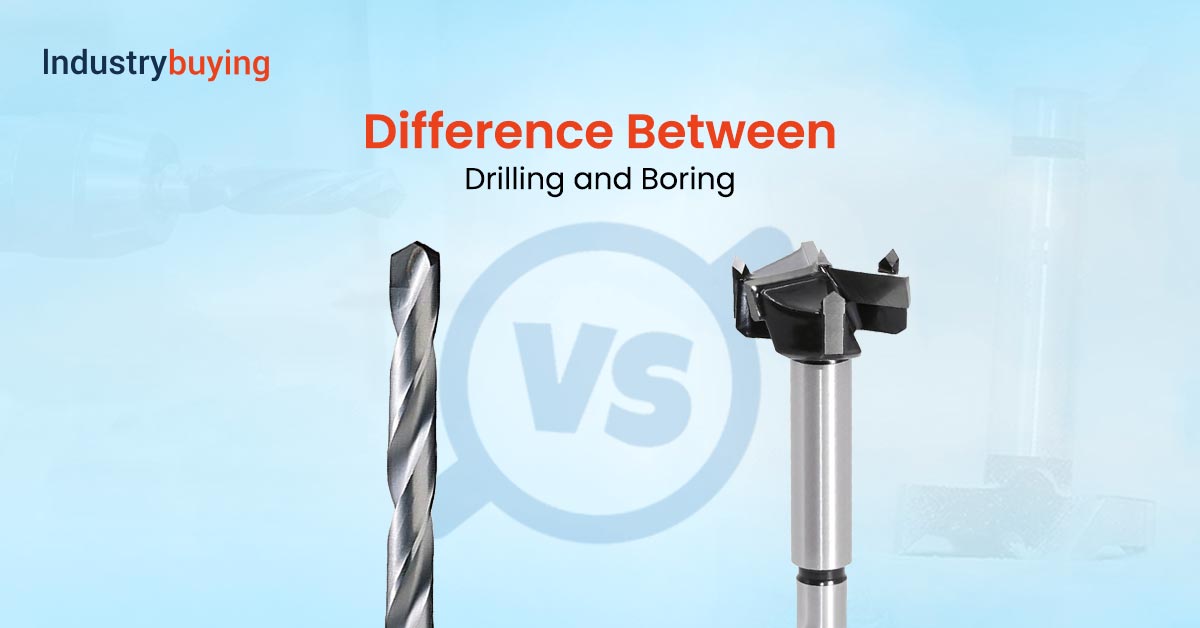3 Wonderful Ways To Keep Hydraulic Tools In Good Condition
Last Updated on October 16, 2024
Hydraulic Tools Overview in Details
Hydraulic tools are indisputably the largest and most complex devices in a contractor’s proverbial quiver. They can certainly not be lumped in the same assemblage of expendable tools such as variable speed drills. Just as heads up, hydraulic tools can be best defined as hefty equipment that transmits fluids at high pressure in motors and cylinders through the use of control valves dispensed by tubes, hosepipes.
The fact of the matter is, they are even more costly to replace than all hand tools stacked together. Thorough preventive care and maintenance are imperative for extended tool life and increased worker productivity. Therefore, if you invest some amount of time in employee training and a significant wad of money for maintenance, a good hydraulic tool performance can pan out to be a redeeming proposition for your business.
These days, you can get a malfunctioning component in your hydraulic machine replaced deftly. Why not? There is a myriad torrent of outlets for hydraulic supplements that empower you to buy a hydraulic motor online, for instance. Well-maintained, well-oiled components give a massive fillip to the performance of your hydraulic machine tenfold.
List of Useful Tips to Maintain the Working Flow of Hydraulic Tools
You must ensure that the machine is functioning in its pristine form. To go about it, implement the following tips to keep your hydraulic tools in good stead and shape in the long run.
Cleansing
The root cause of premature hydraulic tool failure is clogging due to dirt and contamination. Pistons and rams are the foremost locations in a hydraulic tool where dirt and contaminants seep in. To tackle dirt and contamination head-on, you have to follow proactive preventive maintenance steps. Some of these are down below-:
- Carefully wipe and brush clean all the hydraulic connections before inserting them into a hydraulic pump or remote head.
- Always use fine fiber brushes when cleaning your hydraulic tools. Cleaning up your hydraulic tool daily is germane to its functioning, especially when you’re using it in adverse conditions. Refrain from using metal brushes since they can create leeway for dirt and other contaminants to collect and migrate into the hydraulic fluid. This compromises the efficiency of your tool’s rings, ball seats and its pump as well.
- If you are using your hydraulic machinery near saltwater, you need to be ultra-prudent in taking care of it. Albeit, most hydraulic tool manufacturers reckon they have tested their products in salt-spray chambers during the design process and provide certifications about the tool’s resistance capabilities, it is still pertinent that you clean your tool in such environs on a daily basis.
Proper usage
Unabashed misuse and widespread abuse of equipment can be the harbinger of abrupt tool failure. And, if you are using hydraulic tools for hammering or prying, you need to buckle up because you are blatantly misusing them. Some workplaces resort to field installation of extension handles to enhance hydraulic machine’s performance.
But, on the contrary, these handles don’t increase performance at all because the machine’s output is pre-set, thus you’re instead placing undue stress on your tool with these handles and fiddling with its dielectric properties Plus, you must abstain from interchanging components of hydraulic machines such as dies, connectors from different manufacturers as this can negatively impact the machine’s compatibility and fruition.
Maintenance for Durability
Well-oiled and appropriately maintained hydraulic tools can easily last between five to twelve years. To make such a durability a reality, you should check their system operation at least twice, yearly. Moreover, you can derive the same life expectancy from electric-powered pumps following the equivalent number of yearly checks.
Final Words:-
An annual Hydraulic Oil change is the best preventive maintenance procedure for pumps. Besides, if you undertake frequent yearly checks for cracks and leakages on both insulated and non-insulated hydraulic hoses, you would be in for a treat in the long run.
Do not pre-empt and try to fix a hydraulic hose all by yourself. It is frugal if you contact your hydraulic tool manufacturer, and get it replaced. Or, if you are stuck in a rut, you can refer to hydraulic hose care manuals (before and after tool usage) that are provided by most electric powered crimping tool manufacturers.
Rundown: The aforementioned tips will guarantee that you have covered all the bases when it comes to keeping hydraulic tools in ace form. In case things are not working out with some old components, you always have the option of buying new hydraulic machines online and get a purport of what to purchase.

